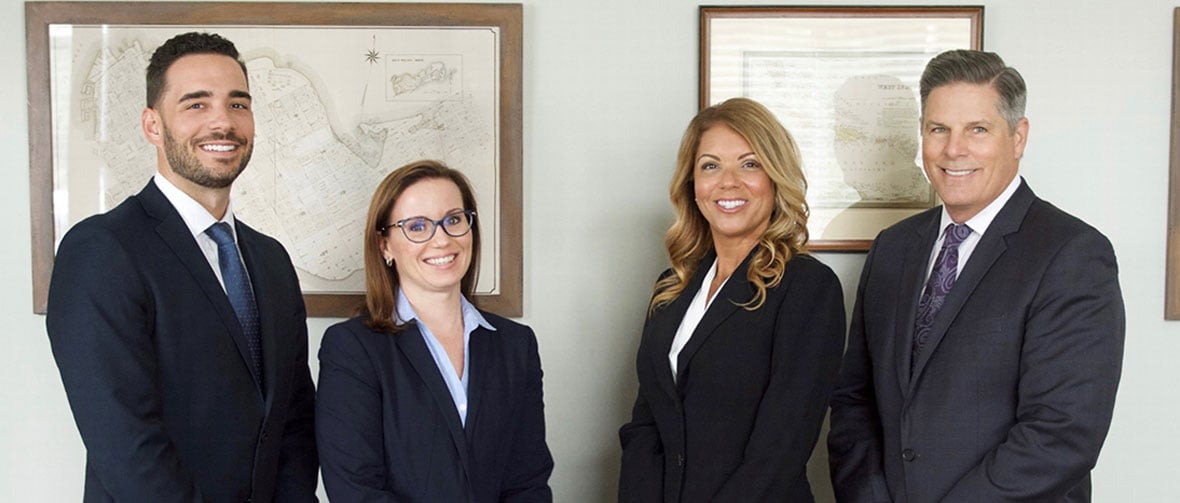When you accept the position as executor of someone’s Florida last will and testament and therefore administrator of his or her estate, you likely will feel nervous, possibly even a little overwhelmed, thinking about all the things you may be called upon to do. This is understandable given that administering some estates can pose significant challenges depending on their size and complexity.
The American Bar Association explains that the most important thing you should remember is that you are a fiduciary. What this means is that you represent the estate and its heirs and therefore must keep their interests firmly in mind while performing your executor duties.
Estate administration in a nutshell
Your executor duties generally proceed in the following order:
- First, you apply to the Probate Court for Letters Testamentary.
- Then, you obtain certified copies of the decedent’s death certificate.
- Next, you must collect the decedent’s assets and bills together, securing them in a safe manner and compiling a written inventory of them.
- Once you know who the decedent’s creditors are, you must notify each one of the decedent’s death and the fact that you have opened his or her probate estate.
- While the probate process proceeds, you will manage the estate and pay the decedent’s outstanding bills and taxes.
- Thereafter, you will need to construct a written final estate accounting and file it with the court before asking permission to close the estate and disperse its remaining assets to the decedent’s heirs per his or her will.
Keep in mind that according to the provisions of some wills, you may be able to make distributions to various of the decedent’s heirs before you actually close the estate.
This is general educational information and not intended to provide legal advice.






